One of the most important elements when it comes to a successful laboratory is standards and quality in training. Envol has prided itself on coming together as a team to embrace the diversity of our experience from labs and locations from around the world. The level of expertise we bring to bear comes from a number of prestigious institutions and organizations, where our team members have been part of accomplishing some truly great work.
That said, one of the issues any lab facility faces is reconciling a universal level of training and documentation around their team, who have all come from organizations with different ways of determining standards in training, making universal qualification difficult to measure, especially on a global scale.
Charlie Barker is one of the few people on the planet who has led a career that has left him perfectly suited to address this very challenge, and Envol is proud to announce that he has joined our team to continue the strategy of growth. We feel Charlie will make Envol an even better place to bring your NHP projects, but we wanted you to see that for yourself by getting to know him a bit better and listening to the things he plans to bring to the organization.
Hello, Charlie. If you don’t mind, just give a little bit of background on your experience and the expertise you are bringing to Envol.
I started in the pharmaceutical research industry in 1992 when I joined the United States Army as part of the Army Veterinary Corps. I was trained in Washington DC, at the Walter Reed Army Institute of Research, where my first duty station was at the Naval Medical Research Institute Bethesda, Maryland. I had a couple of duty stations where I supported research in the military at the Naval Medical Research Institute in Bethesda, Maryland, and also at the Department of Clinical Investigations, Triple Arm Medical Center, Hawaii, where I worked with a variety of species, including mice, monkeys, ferrets, dogs, pigs, and even goats.
I left the military in September of 1998 and joined Sierra Biomedical in Reno, Nevada. They were purchased about 18 months later by Charles River Laboratories and became their first preclinical site. I was at Charles River Laboratories there in Reno from 1998 to 2005, where I held a variety of roles from Senior Research Technician to full Floor Supervisor, managing all studies coming into that space.
I am originally from New Orleans, so when Katrina hit in 2005, I transferred to Charles River’s Redfield, Arkansas facility so I could be close to my family and allow them to evacuate north.
It wasn’t long before I was a Senior Research Specialist, and I volunteered to be the Husbandry Supervisor in preparation for an ALAC inspection that was coming up. We didn’t have a operations manager, an attending vet, or a husbandry supervisor. I worked there with Charles River until the end of 2009 when I was asked by Wuxi AppTech to visit their facilities and conduct training on how to handle test subjects there. I ended up accepting a position with them as First Director of Toxicology Operations, managing the necropsy and histology staffs, the husbandry staffs, the vet staffs, the program management staff, and the resource scheduling staffs. In the 15 years I spent in China, we set up 6 different research facilities, and we saw a tremendous growth. I learned a lot. Now I’m looking to bring the same type of trajectory to Envol Biomedical.
In your decades within this industry, you’ve certainly seen a lot of changes, Charlie. From your perspective, what are some of the biggest changes you have seen in this part of the industry?
There has been a move towards automation and the electronic capturing of data – automating even in the cage wash operations, automating anything that can be, really. I don’t want to call it “AI” because that’s a different thing entirely (though that has also been an interesting development to watch take shape from a distance).
One of the other big changes has been that of the general “success rate” for drugs, especially post-covid. What I mean is the positive hit rate. Early on in my career, 80% to 85% of the drugs failed out of the process within the preclinical development phase. Now it is almost down to 50%. Because of computer modeling we are able to eliminate more and more early on to determine, for instance, that a particular molecular structure will cause problems and/or even have an influence on efficacy by way of dosing amounts that won’t be tolerated, so we don’t have to waste effort or money on developing those further for customers. It is impressive stuff, really.
The leaps and bounds with the way the industry uses technology has really been one of the things I have most looked forward to here at Envol.
Not only are they on the cusp of education and technological use, they are acquiring the equipment and the materials needed for electronic data capture, and they are becoming PART of the industry’s evolution, rather than just watching it take place around them.
What else drew you to Envol Biomedical?
The things I have watched take place at Envol made me want to part of it. The culture they are creating here is one of growth, success, and accommodation for the customer’s needs. That is where I want to be.
Early in my career I just wanted to cure all the diseases. I wanted to make a difference by being the head of the spear in the charge against illness, in pursuit of therapies and drugs that would help heal the world. As naïve as that sounds, I was one of those young scientists who wanted to do it all.
With time and experience, I realized that the best outcomes within this industry come from passion and innovation, yes… but most notably from quality and consistency. The best results came from those who have been trained to conduct research in the best way possible. With this realization, I made it one of my career goals to train at least 100 researchers in my career.
Here at Envol, I get to continue the pursuit of that goal in an environment that is ready to embrace it. I’ve had the satisfaction of now training scientists and researchers on several continents, and now with the culture that Jake and his crew have created here at Envol, I knew this would be an ideal environment for me to continue my work with a team that would use it to grow their knowledge and quality systems.
What is the biggest difference Envol’s customers will likely notice now that you have joined the team?
Customers will immediately be aware of all of the qualifications that each of the people working on their projects now have. Envol’s team is one of the most talented and passionate I have seen, but now customers can rest assured, knowing that all of the team’s information is up to date and to the standards of multiple organizations around the world.
Even more than that, they can expect to have an even better quality of product because of this training. Training records are just training records – any organization can simply fill out a binder and check boxes until its complete… but this training is going produce a better quality of product because it comes from decades of experience around the world.
I am accustomed to a deviation rate among my team of under 0.6 deviations per study (so less than 1 per study). Within a short amount of time, it is my goal to have Envol performing well under even that. We will be putting processes into place to track these deviations, and quarterly, we will look at patterns to determine root causes. Then we will generate SOPs to reduce and even eliminate these issues.
It is wonderful to have you onboard, Charlie. Is there anything you would like people to know that we haven’t asked yet?
I’m just I’m very pleased and and happy to be here. I look forward to to very good things, really. I’m ready to dog in and do some fun work with the team here.

